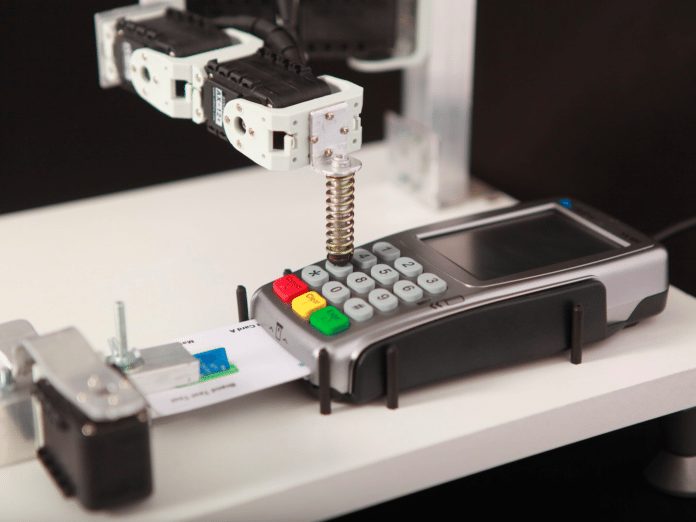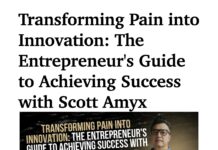B2B FinTechs are looking at robotics process automation (RPA) to empower their finance executives by going beyond basic automation. Recently released software such as Gappify offers an RPA-powered bot to automate accounting processes. Unlike other types of automation, Gappify’s software does not need any intervention from a human being; not even to start the task. Another corporate accounting software firm, FloQast, also released its RPA solution called Cloud Connect. The solution helps companies seamlessly access data stored in on-premise ERP systems.
Financial executives find RPA solutions to be more than just convenient. Overall benefits include a boost in profitability, gaining competitive advantage, and an increase in operational efficiency. RPAs automate highly repetitive-but-high-volume processes, says Kryon CEO, Harel Tayeb. Apart from providing long-term benefits to the business, RPA technology can also offload essential-but-time-consuming and tedious tasks such as invoice processing and expense report auditing. According to Tayeb, RPA will integrate what he calls a “virtual workforce of software robots that will perform these said tasks more efficiently than human employees.”
RPA Offering Benefits to Companies and Employees
Contrary to popular belief, Robotics Process Automation will not replace employees. Instead, the human employees will be able to perform more creative assignments. Tayeb also elaborated how RPA solutions can actually help the corporate finance industry. Accounting and financial professionals need to accomplish increasingly more tasks with fewer resources and time. RPA technologies enable them to delegate the time consuming tasks while shifting their focus to responsibilities that require a creative and human approach.
Future with RPA
RPA technology producers and FinTech supporters will have to convince more individuals that digitization will not replace jobs. They need to reiterate Tayeb’s point that new technologies invariably result in new jobs. They’ll also have to convince other companies about the benefits and advantages of this technology, as these B2B FinTechs will be at the frontline in adopting this solution. Tayeb believes the technology will eventually break ground, as the disruptive technology has been and continues to be well received.


















